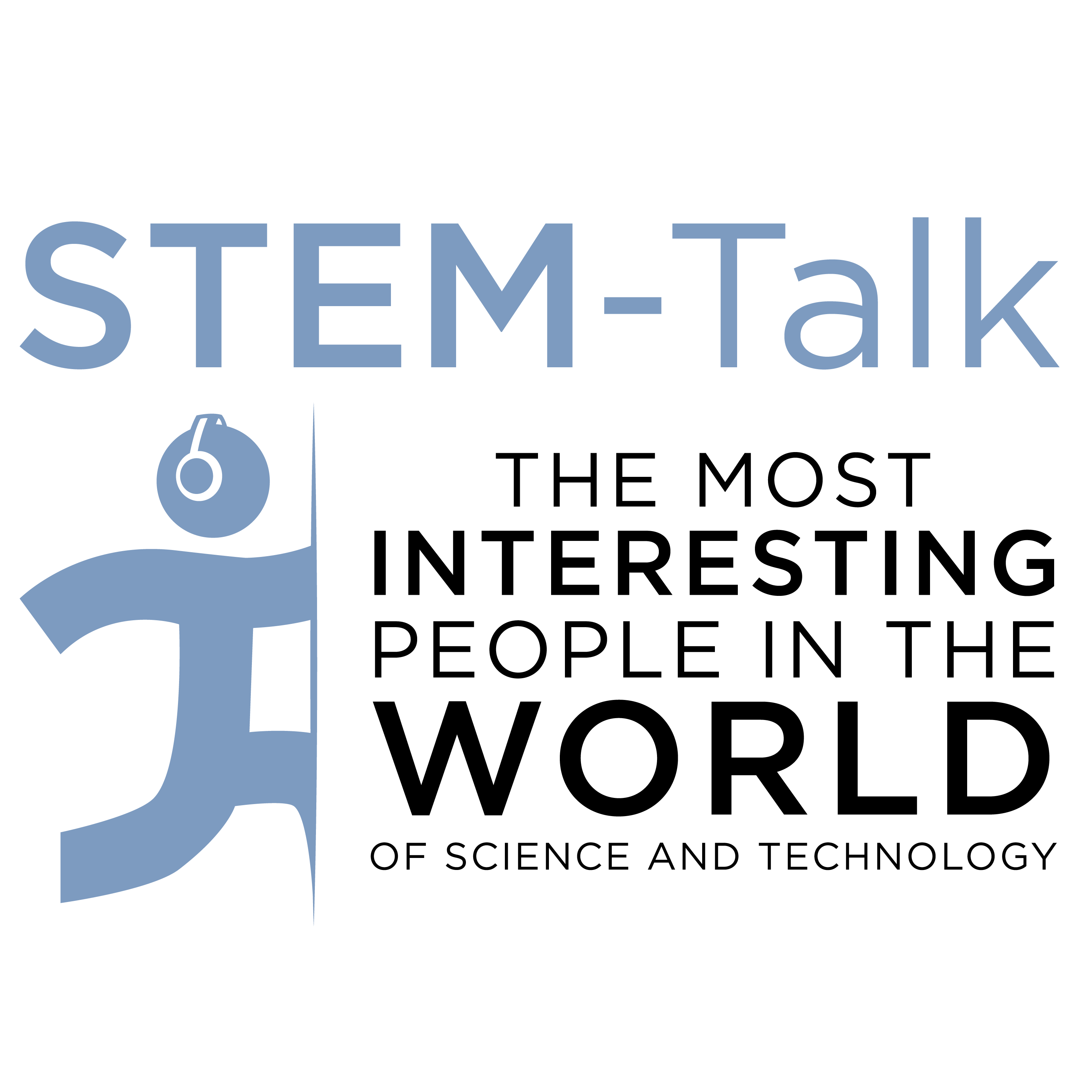Episode 135: Elaine Lee discusses human performance, resilience and healthspan
Description
Our guest today is Dr. Elaine Choung-Hee Lee, an assistant professor in the Department of Kinesiology at the University of Connecticut. Much of Elaine’s research focuses on understanding the mechanisms of resilience and investigating ways to help humans improve their stress resistance, adaptation and healthspan.
Elaine’s research is focused not only on understanding fundamental biology, but also on what can be done to manipulate our biology to optimize health and performance as well as preventing disease.
At her UConn research center, called the EC Lee Laboratory, she and her colleagues use genomic and other technologies to ask questions about what makes high-performing athletes and warfighters so elite.
In today’s interview, you’ll hear how an early passion for Marvel comics and superheroes helped nudge Elaine into a science career. You’ll also learn about some of her lab’s projects that range from improving warfighter resilience to studying the effects of exercise and supplementation on our immune functions.
Show notes:
[00:03:07] Dawn asks Elaine about when she became interested in superheroes.
[00:04:02] Elaine shares who her favorite Marvel hero is.
[00:05:20] Dawn asks Elaine what her favorite Marvel movie is.
[00:05:42] Ken asks when Elaine first became interested in science.
[00:06:50] Dawn mentions that Elaine had many obsessions growing up, including running and rowing, and goes on to mention that Elaine even became a rower at the University of Connecticut, asking what drew her to these sports.
[00:09:09] Ken asks what Elaine’s experience on the rowing team was like.
[00:11:43] Dawn mentions that Elaine graduated with her bachelors in nutritional sciences in 2002 and asks if that was her original intent when she first arrived at college.
[00:13:38] Dawn asks Elaine to talk about her passion for research and how the focus of her work grew from her experiences as an athlete and coach.
[00:16:14] Dawn comments that Elaine’s early experiences in genetics and nutritional sciences played a role in her career and asks what some of those early experiences were.
[00:17:49] Dawn asks Elaine if it’s fair to say that she is not merely interested in biology, but in what people and researchers can do to manipulate biology in a way that can result in functional changes for broader populations.
[00:19:13] Ken mentions that Elaine stayed at the University of Connecticut for her masters and doctorate degrees in kinesiology, asking why decided on that specialization.
[00:21:34] Dawn mentions that Elaine went for a post-doc fellowship at the Mount Desert Island Biological Laboratory in Salisbury Cove, Maine, and asks how that opportunity came about.
[00:23:59] Dawn mentions that during Elaine’s post-doc, she and Dr. Kevin Strange co-authored a paper in the journal of Federation of American Societies for Experimental Biology, titled “Osmosensitive gene expression in C elegans is regulated by conserved signaling mechanisms that control protein translation initiation.” Dawn goes on to mention that this paper was selected in 2012 by the Cellular and Molecular Physiology Section of the American Physiological Society as one of six finalists for its annual research recognition award. Dawn asks why this paper attracted such attention.
[00:28:56] Ken mentions that Elaine was also selected as the Mount Desert Island Biological Laboratory’s “Outstanding Mentor of the Year” in 2012.
[00:32:18] Dawn mentions that Elaine’s research over the years has focused on understanding the mechanisms of stress resiliency, and ways to improve stress resistance,
More Episodes
Today we have Dr. Rudolph E. Tanzi, who is perhaps best known for co-discovering all three familial early-onset Alzheimer's disease genes. In addition, Rudy’s lab was the first to use human stem cells to create three-dimensional human brain organoids and three-dimensional neural-glial culture...
Published 10/25/24
Published 10/25/24
Our guest today is Dr. Anurag Singh, the chief medical officer at Timeline Nutrition, a Swiss life-science company that focuses on ways to improve mitochondrial and cellular health. Anurag is particularly known for his research into the gut metabolite, urolithin-A, which has been shown to improve...
Published 09/23/24


